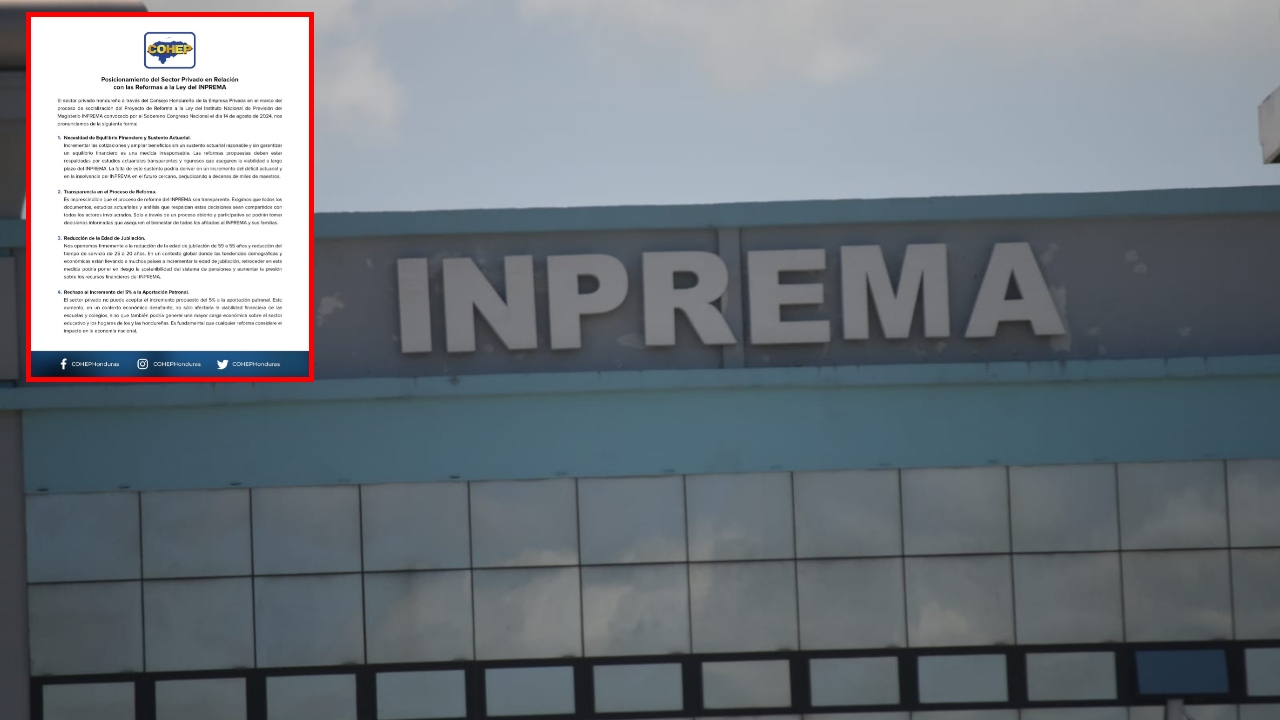The Regulation Of London Festivals: Threats To The Live Music Scene

Table of Contents
The Labyrinthine Licensing Process for London Festivals
Organising a London festival is far from a simple affair. Navigating the regulatory landscape is a complex and often costly undertaking, presenting a significant hurdle, particularly for smaller, independent events. The sheer number of licenses and permits required can be overwhelming, creating delays and significantly increasing costs.
Navigating Multiple Authorities
Securing the green light for a London festival often involves dealing with a multitude of authorities, a process that can be both time-consuming and frustrating. This fragmented approach often leads to inconsistencies and delays.
- Specific Licenses: Organizers need to obtain several licenses, including public entertainment licenses (covering performances and amplified music), alcohol licenses (if serving alcohol), and temporary event notices (TENs) for smaller, less complex events. The requirements for each vary significantly depending on the event's scale and location.
- Inconsistencies Between Boroughs: Regulations differ significantly between London boroughs. What might be permissible in one area could be strictly prohibited in another, leading to confusion and added complexity for organizers planning multi-borough events or those new to the process.
- Time and Financial Resources: The time and expense involved in applying for, securing, and managing these numerous licenses can be prohibitive, especially for smaller festivals operating on tighter budgets. This administrative burden can significantly increase the overall cost of putting on a festival.
The Impact of Rising Insurance Costs
The perceived risks associated with large-scale events have led to a dramatic increase in insurance premiums for London festivals. This escalating cost adds another layer of financial pressure, particularly for smaller festivals with limited resources.
- Impact on Smaller Festivals: The rising cost of insurance can make it financially unviable for smaller festivals to operate, potentially leading to a decline in the diversity and vibrancy of the London festival scene.
- Potential Insurance Market Reforms: Exploring reforms within the insurance market, such as risk-based pricing models and government-backed insurance schemes, could help to alleviate the burden on festival organizers and encourage a more diverse range of events.
Noise Complaints and Residential Concerns
The proximity of many festival venues to residential areas inevitably leads to noise complaints. Striking a balance between the enjoyment of cultural events and the peace and quiet of local residents is a critical challenge for both festival organizers and local authorities.
Balancing Community Needs with Cultural Events
Addressing noise concerns is paramount to ensuring the long-term sustainability of London festivals. Finding solutions that respect both the needs of residents and the vibrancy of the live music scene requires careful consideration and proactive measures.
- Noise Mitigation Strategies: Employing effective noise mitigation strategies, such as strategically placed sound barriers, advanced sound monitoring technology, and careful site planning, can significantly reduce noise pollution.
- Improving Noise Regulations: Reviewing and potentially improving current noise regulations, ensuring they are both effective and fair, is crucial. This might involve more transparent guidelines, clear communication channels, and improved enforcement mechanisms.
- Impact of Noise Limiters: While noise limiters are designed to protect residents, they can also negatively impact the artistic quality of performances, requiring a careful balance to find acceptable limits.
The Role of Community Engagement
Proactive and open communication between festival organizers and local residents is essential to building trust and minimizing conflicts. Effective community engagement can significantly reduce the number of noise complaints and foster a positive relationship between the festival and its surrounding community.
- Successful Engagement Strategies: Examples of successful strategies include pre-festival meetings with residents, transparent communication about the event's plans, and dedicated channels for addressing concerns.
- Impact of Proactive Communication: Studies have shown that proactive communication and community engagement can significantly reduce the likelihood of noise complaints and foster greater acceptance of festivals within the local community.
The Economic Impact of Restrictive Regulations
Overly burdensome regulations can have a significant negative impact on the economic viability of London's festival scene. The high costs of compliance, coupled with potential restrictions on event size and frequency, can stifle innovation and limit the overall economic benefits of these events.
The Cost of Compliance
The financial burden of complying with regulations is substantial. The costs associated with licenses, permits, insurance, and other compliance-related expenses significantly impact the profitability and sustainability of festivals, particularly smaller ones.
- Specific Costs: Each license and permit carries a specific cost, which can vary depending on the type of event and its location. These costs can quickly add up, especially for events requiring multiple licenses.
- Impact on Profitability and Sustainability: For smaller festivals operating on limited budgets, the costs of compliance can be a major barrier to entry and significantly impact their ability to generate profit and remain sustainable.
The Wider Economic Benefits of Festivals
London festivals contribute significantly to the city's economy, generating substantial revenue through tourism, employment, and local spending. Restricting these events can have detrimental effects on local businesses and the wider economy.
- Economic Impact Statistics: Data showcasing the significant economic contributions of London festivals, including tourism revenue, employment figures, and spending in local businesses, should be highlighted to demonstrate the importance of these events.
- Negative Consequences of Reduced Festivals: The reduction in the number of festivals due to excessive regulation would have a knock-on effect, negatively impacting local businesses, employment opportunities, and the overall economic vibrancy of the city.
Conclusion
The stringent regulation of London festivals presents a genuine threat to the city's vibrant live music scene. The complex licensing processes, concerns regarding noise complaints, and the significant economic burden of compliance create challenges that disproportionately impact smaller events. This could lead to a decline in the diversity and accessibility of live music experiences in London. Policymakers must strike a balance between community needs and the preservation of this crucial cultural asset. A more streamlined and supportive regulatory framework, incorporating effective community engagement and a nuanced understanding of the economic impact of festivals, is essential to ensure the long-term health and prosperity of London's invaluable live music scene. Let's work together to protect the future of London festivals and support the continued growth of the live music industry.

Featured Posts
-
 Des Ola Ta Epeisodia Toy Tampoy Sto Mega
May 19, 2025
Des Ola Ta Epeisodia Toy Tampoy Sto Mega
May 19, 2025 -
 Robert Pattinson And Kristen Stewart At Cannes 2025 A Possibility
May 19, 2025
Robert Pattinson And Kristen Stewart At Cannes 2025 A Possibility
May 19, 2025 -
 Nyt Connections Game Hints And Answers For April 29th 688
May 19, 2025
Nyt Connections Game Hints And Answers For April 29th 688
May 19, 2025 -
 Actor Mark Rylance Speaks Out Against Music Festivals Effect On London Parks
May 19, 2025
Actor Mark Rylance Speaks Out Against Music Festivals Effect On London Parks
May 19, 2025 -
 Cohep Transparencia Y Observacion Electoral
May 19, 2025
Cohep Transparencia Y Observacion Electoral
May 19, 2025
